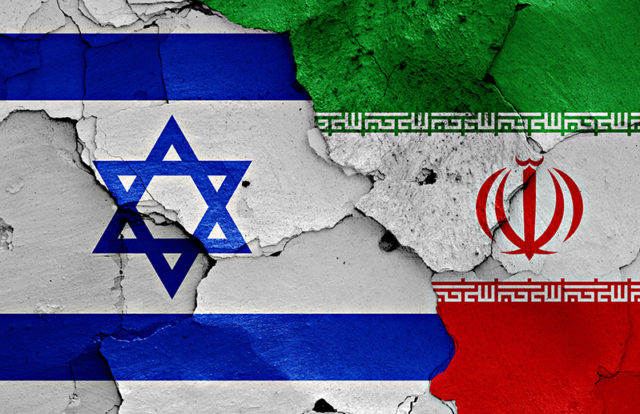
A fire broke out at Iran’s Natanz nuclear facility on July 2, 2020. The Atomic Energy Organization of Iran (AEOI) spokesman Behruz Kamalvandi, said that the incident took place at one of the industrial sheds under construction at the Natanz uranium enrichment plant. And although the fire caused significant damage, no casualties were reported. However, now reports suggest that this was a sabotage attempt by state actors initiated through a cyberattack on Iran’s nuclear facility.
Attempt at Stuxnet 2.0?
The Shahid Ahmadi Roshan Natanz Nuclear Complex is a known nuclear facility in Iran. The UN nuclear watchdog – International Atomic Energy Agency (IAEA) – is keeping a close eye on the proceedings at this facility for the past few years. Why? Because this site has an underground facility that can produce enriched uranium which acts as fuel for reactors but also works as a basic component for creating nuclear weapons.
Although no official statement was given from Iran, a post in the Al-Jareeda daily cited an unnamed senior source as saying that an Israeli cyberattack is behind this entire episode, which was initiated with an intent of sabotage and push the progress of the nuclear enrichment program back by two months. This is very similar to a 2010 cyberattack against the same adversary, which then came to be known as the first known cyber weapon, the Stuxnet.
The First known Cyber Weapon
Stuxnet was a computer worm designed specifically by the U.S. and Israel to target the industrial control systems (ICS) made by Siemens. It was a self-replicating malware that used Windows vulnerabilities to penetrate the SCADA. Once in, it targeted the systems controlling the centrifuges in the Iranian nuclear plant. Although no affirmation of the exact impact was publicly given by Iran, unofficial statements claimed that almost 1,000 centrifuges were damaged in this cyberattack, which delayed the completion of the Iranian nuclear plant.
Although there are many possibilities behind this incident, but nothing can be affirmed unless Iran confirms these theories, which Behrouz Kamalvandi says, “will be declared in due course for security reasons.”










